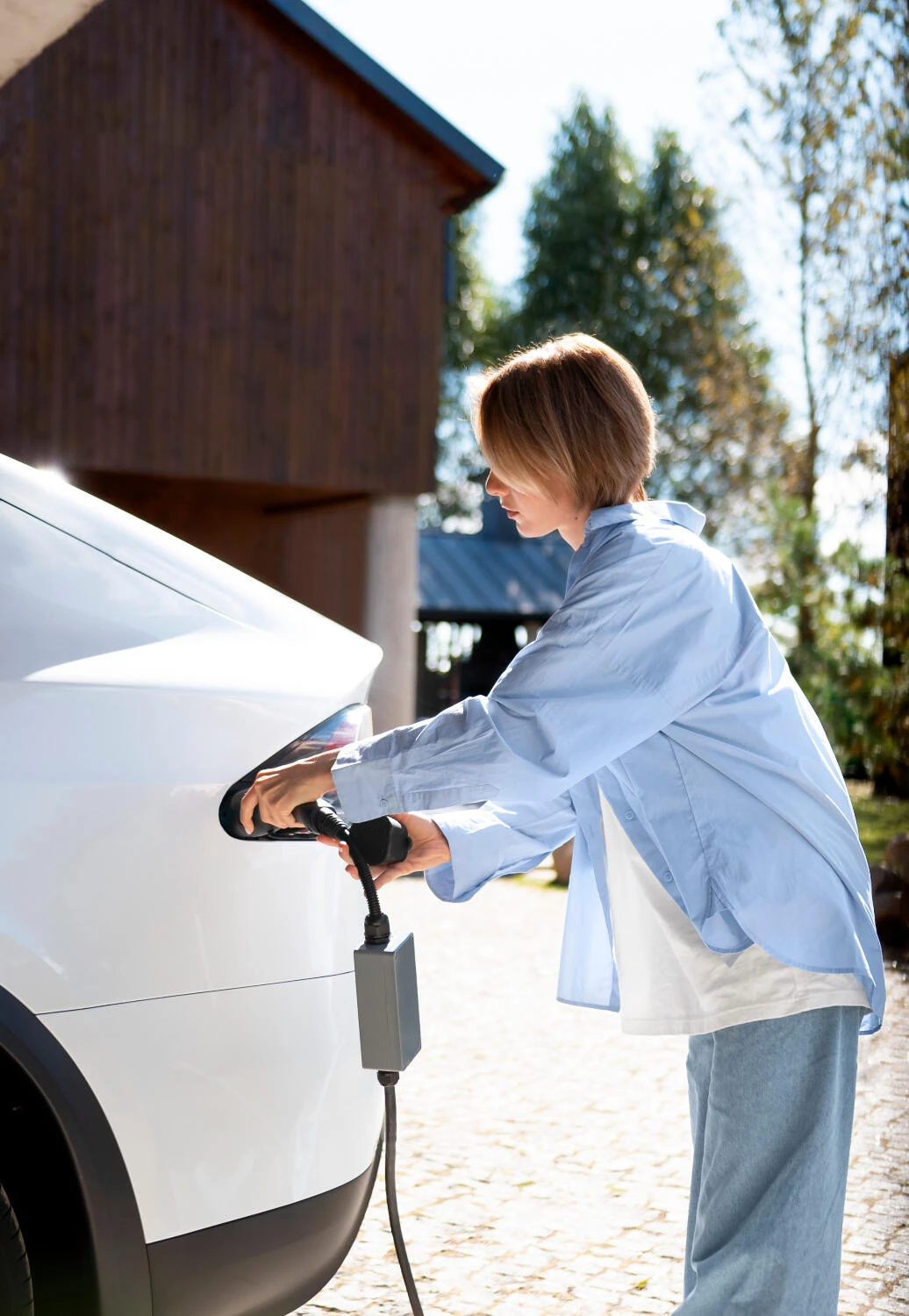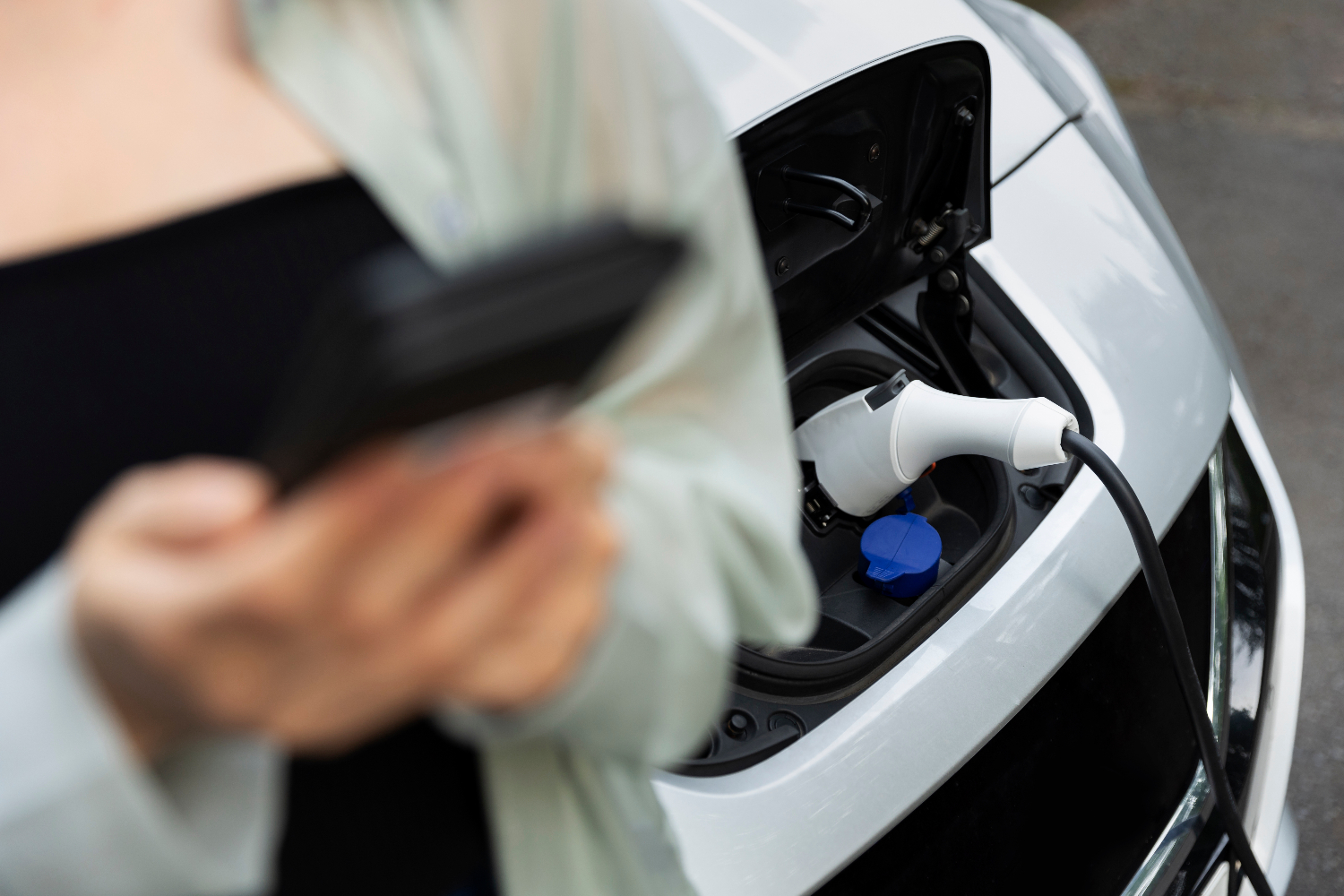
EV Charging at Home: Brands, Costs, and UK Regulations
Home EV Charging Solutions
1. Choose the Right EV Charging Brand
When selecting an EV charging unit for your home, it’s essential to consider reputable brands known for quality and reliability. Some popular options in the UK include:
- Pod Point: Pod Point offers a range of home charging solutions, with prices starting at around £300 to £600 for the hardware. Installation costs vary based on your location and the complexity of the setup.
- Rolec: Rolec offers both wall-mounted and pedestal EV charging stations, with prices ranging from £300 to £800 for the unit itself. Installation costs are typically additional and can vary.
- Zappi: Zappi provides smart EV chargers that allow you to integrate with solar panels for eco-friendly charging. Prices start at approximately £700 to £800 for the unit, excluding installation.
- MyEnergi: MyEnergi offers a range of smart chargers, including the Zappi mentioned above. Costs can range from £500 to £1,000, depending on the model and features.
2. Installation Costs
Installation costs can vary significantly based on factors like your location, the distance from your electrical panel to the charging point, and the complexity of the installation. On average, you can expect to pay between £300 to £1,000 for installation, but it could be higher in certain cases.

UK Regulations Promoting EV Charging
The UK government has implemented several regulations and incentives to promote home EV charging:
- Electric Vehicle Homecharge Scheme (EVHS): Through the EVHS, homeowners can receive a grant of up to 75% of the installation cost, up to a maximum of £350. This financial support makes it more affordable to install a home charging point.
- Workplace Charging Scheme (WCS): The WCS offers incentives for businesses to provide EV charging infrastructure for their employees. If you work from home, you may also qualify for this scheme.
- Building Regulations: The UK is updating building regulations to require new homes and some renovations to include provisions for EV charging infrastructure. This ensures that new residences are ready for electric vehicle owners.
- Energy Saving Trust (EST): The EST provides guidance and support to homeowners looking to install EV charging points at home, including information on available grants and incentives.

Conclusion
As the UK continues to embrace electric mobility, regulations and incentives are evolving to make EV charging more accessible and affordable for homeowners. By choosing a reputable brand and exploring available grants and schemes, you can seamlessly integrate EV charging into your home while contributing to a greener future.













